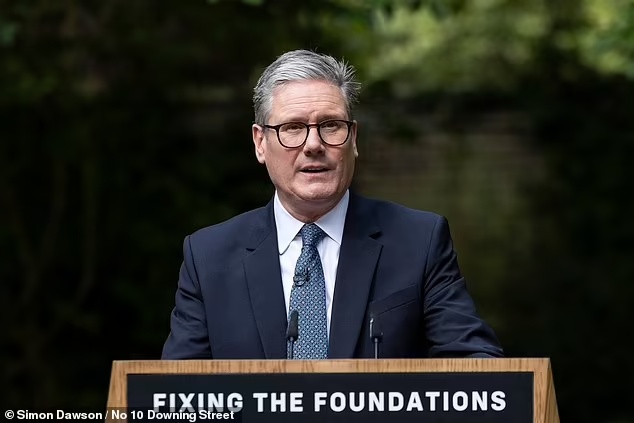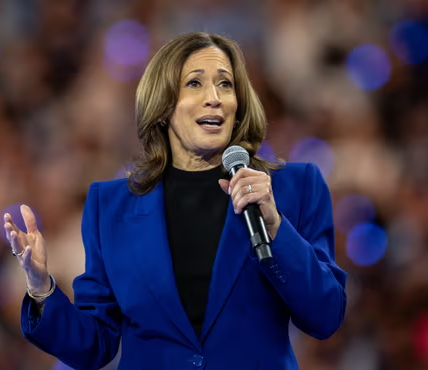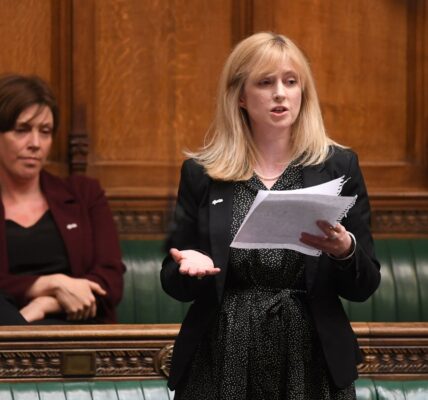Prime Minister defends decision to scrap winter fuel allowance while signing off more than £10billion of inflation-busting pay increases for public sector workers.H
The Prime Minister was yesterday forced to defend handing bumper pay hikes to public sector workers while slashing cold weather payments for millions of pensioners.
During his first major speech since entering No 10, Sir Keir Starmer was challenged about the decision to sign off more than £10billion of inflation-busting pay increases.
Asked what his message was to pensioners who feel he is balancing the books on their backs, he said he didn’t want to scrap the winter fuel allowance to save an estimated £1.5billion, but argued it was ‘not a particularly well designed scheme’.
He said it is vital ‘support is there for those who need it most’, but added that bringing strike action to an end in the NHS and other public services was critical as the walkouts were impeding economic growth.

During his first major speech since entering No 10, Sir Keir Starmer (pictured) was challenged about the decision to sign off more than £10billion of inflation-busting pay increases

Some 11.4million pensioners receive winter fuel payments ranging from £100 to £300 (Stock photo)


